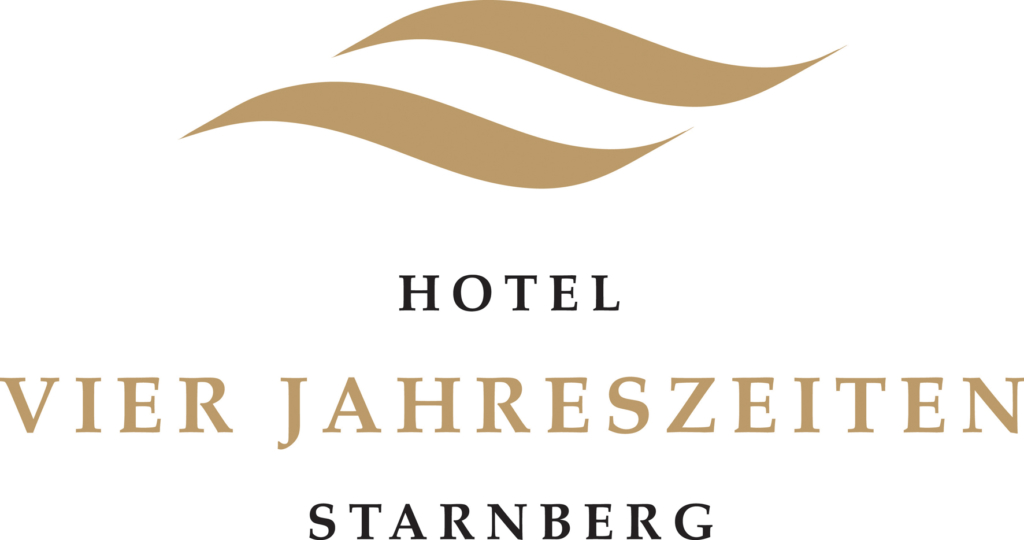In the competitive world of tourism, a well-coordinated approach is crucial for a destination’s success. Enter the Destination Marketing Organization (DMO), a key player in destination management. DMOs help the destinations market, manage, and succeed in the highly competitive world.
How do they do that? We’ll come to that. But first, let us understand what a DMO is, and why the tourism industry should care about them.
What is Tourism Management?
Tourism management encompasses the planning, development, and coordination of various components within the tourism industry. It involves understanding visitor needs, developing tourism products and services, managing tourism infrastructure, and ensuring the sustainable growth of the industry.
Key considerations in tourism management include destination planning, marketing and promotion, visitor experience management, sustainable practices, community engagement, and stakeholder collaboration. By implementing effective tourism management strategies, destinations can optimize their tourism potential, foster economic growth, and create memorable experiences for visitors.
What is Destination Management?
Destination management involves coordinating various stakeholders to enhance a destination’s attractiveness, competitiveness, and sustainability. It goes beyond marketing and focuses on optimizing the visitor experience while maximizing economic benefits for local businesses. It encompasses activities such as destination planning, development, marketing, and ongoing management.
Effective destination management involves understanding the destination’s unique selling points, identifying target markets, developing tourism products and services, improving infrastructure and amenities, and implementing sustainable practices.
What is a Destination Marketing Organization (DMO)?
A DMO is a non-profit entity responsible for marketing and promoting a destination. It acts as a central hub, bringing together hotels, attractions, restaurants, transportation services, and other tourism-related businesses to collectively promote the destination.
DMOs play a crucial role in developing and executing marketing strategies that showcase the destination’s unique offerings and attract visitors. They collaborate with stakeholders, including hoteliers, to create a cohesive and compelling destination brand. DMOs also act as a liaison between the destination and various travel organizations, media outlets, and potential visitors.
Why Should All Destinations Have a DMO?
Having a DMO offers several advantages for destinations:
-
Unified Marketing
A DMO ensures a consistent marketing message and approach, avoiding fragmented efforts. By aligning stakeholders under a common vision, DMOs create a powerful marketing force that amplifies the destination’s appeal.
-
Industry Collaboration
DMOs foster collaboration among hotels, attractions, local businesses, and government agencies. By bringing stakeholders together, DMOs encourage the sharing of resources, knowledge, and expertise, creating synergies that benefit the entire destination.
-
Visitor Information Hub
DMOs serve as a central source of information for visitors. They provide valuable resources, including destination guides, maps, event calendars, and accommodation listings. By offering comprehensive and up-to-date information, DMOs enhance the visitor experience and increase satisfaction.
Continue Reading: Why Should All Destinations Have a Destination Marketing Organization (DMO)?
How can a Destination Marketing Organization Add Value to Your Destination?
DMOs contribute to the success and growth of a destination in various ways:
-
Brand Building
DMOs develop and promote the destination’s unique brand identity. Through effective storytelling and marketing strategies, they differentiate the destination from competitors, highlighting its distinctive features, culture, and experiences.
-
Market Research
DMOs conduct research to understand target markets, traveler preferences, and emerging trends. They gather data on visitor demographics, behaviors, and motivations, enabling data-driven decision-making. This research helps shape marketing campaigns, identify new opportunities, and adapt strategies to evolving market conditions.
-
Destination Promotion
DMOs employ a range of marketing tactics to attract tourists and drive visitation to hotels and other businesses. They leverage digital platforms, social media, advertising campaigns, and public relations efforts to create awareness, generate interest, and inspire travel to the destination. DMOs also collaborate with influencers, bloggers, and media outlets to amplify the destination’s visibility.
-
Partnerships and Collaborations
DMOs facilitate partnerships between hotels, local businesses, travel organizations, and other stakeholders. These collaborations can lead to the creation of attractive travel packages, special offers, and unique experiences that entice visitors. By fostering these partnerships, DMOs enhance the destination’s competitiveness and appeal.
How to Successfully Execute Destination Management
To effectively execute destination management, destinations can follow these four steps:
-
Strategy Development
Define the destination’s vision, goals, and target markets. Identify the unique selling points and competitive advantages that set the destination apart. Develop a strategic plan that outlines the key objectives, marketing tactics, and performance metrics.
-
Collaboration and Engagement
Involve stakeholders from the hotel industry, attractions, local businesses, and community organizations. Foster a collaborative environment that encourages knowledge sharing, resource pooling, and joint initiatives. Engage the local community to ensure their support and participation in destination management efforts.
-
Marketing and Promotion
Create effective marketing campaigns that align with the destination’s brand and target markets. Utilize various channels such as digital marketing, content creation, social media, public relations, and advertising to reach potential visitors. Leverage technology to enhance the destination’s online presence and engage with travelers in meaningful ways.
-
Performance Measurement and Adaptation
Regularly evaluate the destination’s performance and progress towards goals. Collect visitor feedback through surveys, reviews, and social listening to gain insights into their experiences and preferences. Use this data to adapt marketing strategies, refine tourism offerings, and improve the overall visitor experience.
What are the 4 Ps of Destination Management?
- Place: Enhance the destination’s physical attributes, infrastructure, and aesthetics. Invest in maintaining and improving landmarks, natural attractions, public spaces, transportation systems, and accommodation options. Create an appealing and well-maintained environment that attracts visitors and supports their needs.
- People: Focus on visitor satisfaction by providing excellent customer service, ensuring safety and security, and offering authentic experiences. Engage with key partners, such as hotels and local businesses, to deliver memorable experiences that exceed visitor expectations. Foster a welcoming and inclusive environment where visitors feel valued and embraced.
- Product: Continuously develop and diversify tourism offerings to cater to different visitor segments. Identify gaps in the market and create new products and experiences that align with visitor interests. Innovate and adapt offerings to meet changing consumer preferences and emerging trends.
- Process: Efficiently manage destination operations, tourism services, and sustainability initiatives. Streamline processes to enhance visitor flow, ease of access, and overall visitor experience. Implement sustainable practices to minimize the destination’s environmental footprint and preserve its resources for future generations.
Which are the 10 most important Destination Marketing Strategies?
Implementing effective marketing strategies can boost a destination’s visibility and attract visitors.
- Targeted Digital Marketing: Utilize digital channels, such as search engine marketing, social media advertising, and email marketing, to reach specific target markets.
- Influencer and Blogger Collaborations: Partner with influencers and travel bloggers to showcase the destination and create authentic, engaging content that resonates with their followers.
- Social Media Engagement: Maintain an active presence on social media platforms to connect with potential visitors, share compelling content, respond to inquiries, and cultivate an engaged online community.
- Content Marketing: Create high-quality content, including blogs, videos, and destination guides, to educate, inspire, and engage potential visitors. Optimize content for search engines to improve discoverability.
- Public Relations and Media Outreach: Collaborate with media outlets, journalists, and travel writers to secure media coverage and feature stories about the destination. Host press trips and familiarization tours to showcase the destination’s highlights.
- Destination Branding and Storytelling: Develop a strong brand identity and narrative that captures the essence and unique attributes of the destination. Tell compelling stories that evoke emotions and connect with potential visitors on an emotional level.
- Partnership with Travel Agencies and Tour Operators: Collaborate with travel agencies, tour operators, and online travel agents to create appealing packages and itineraries that include hotel stays and other experiences.
- Participation in Trade Shows and Events: Attend industry trade shows, tourism conferences, and travel exhibitions to network with travel professionals, generate leads, and forge partnerships.
- Sustainable and Responsible Tourism Initiatives: Embrace sustainable practices and promote responsible tourism by minimizing the destination’s environmental impact, supporting local communities, and preserving cultural heritage.
- Visitor Experience Enhancement: Focus on delivering exceptional customer service, improving wayfinding signage, and providing accessible information to enhance the visitor experience.
By establishing a DMO, destinations can unlock their full potential, differentiate themselves from competitors, and create memorable experiences that attract visitors and leave a lasting impression. Embracing the power of a DMO is a strategic investment that paves the way for long-term success and sustainable development in the world of tourism.
 Deutsch
Deutsch Português
Português Italiano
Italiano Espanol
Espanol čeština
čeština ไทย
ไทย Français
Français





